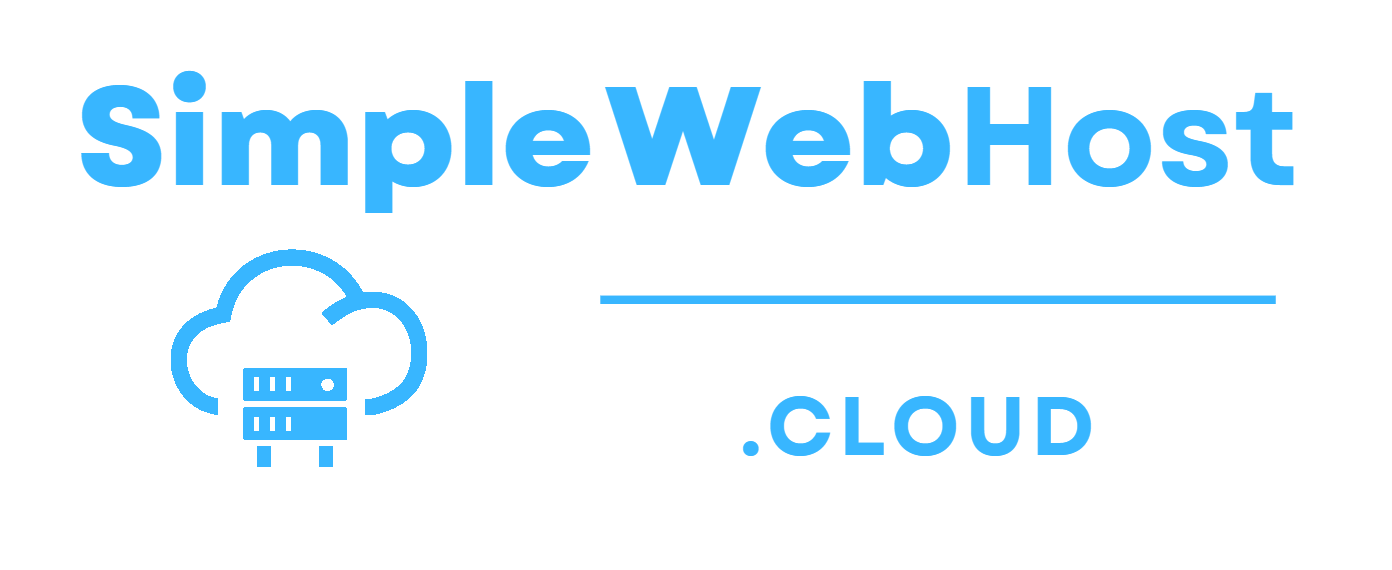Streamlining Customer Interactions for Business Success
In today’s competitive business landscape, building and nurturing strong relationships with customers is paramount for success. CRM (Customer Relationship Management) plays a pivotal role in achieving this objective. In this article, we’ll explore what CRM is, how CRM tools work, and the numerous benefits they offer to businesses of all sizes.
What is CRM?
CRM refers to a set of strategies, practices, and technologies designed to manage and analyze customer interactions throughout the customer lifecycle. It allows businesses to gain deeper insights into their customers’ preferences, needs, and behaviors, fostering improved communication and service delivery.
How Do CRM Tools Work?
CRM tools are software solutions that centralize and streamline customer-related data, making it easily accessible for sales, marketing, and customer support teams. These tools capture and organize data from various touchpoints, such as emails, phone calls, website interactions, and social media. By consolidating customer information, CRM tools enable businesses to understand customer patterns, anticipate their requirements, and provide personalized experiences.
Benefits of Using CRM:
- Enhanced Customer Relationships: CRM tools empower businesses to better understand their customers, enabling personalized interactions that build trust and loyalty.
- Streamlined Sales Process: CRM streamlines the sales process, making it easier to manage leads, track opportunities, and close deals efficiently.
- Improved Marketing Strategies: With access to customer data, businesses can develop targeted marketing campaigns that resonate with their audience, leading to better engagement and higher conversion rates.
- Efficient Customer Support: CRM tools facilitate seamless customer support by providing a comprehensive view of customer interactions, ensuring quick and accurate issue resolution.
- Data-Driven Decision Making: By leveraging CRM data analytics, businesses can make informed decisions, identify trends, and uncover opportunities for growth.
Recommended CRM Tools
For businesses seeking top-notch CRM solutions, here’s a curated list of reputable CRM tools to consider:
- HubSpot CRM: An intuitive and feature-rich CRM tool, ideal for startups and small businesses.
- Zoho CRM: A user-friendly CRM platform, offering automation and customization options for seamless customer management.
- Microsoft Dynamics 365: A powerful CRM and ERP solution, catering to the needs of medium to large enterprises.
- Salesforce: Offers a comprehensive suite of CRM functionalities for businesses of all sizes.
In conclusion, CRM is an indispensable asset for businesses aiming to excel in customer interactions and drive long-term growth. By utilizing CRM tools, businesses can centralize customer data, streamline operations, and deliver exceptional customer experiences that set them apart in today’s competitive market. When choosing a CRM tool, consider the specific needs of your business and opt for a solution that aligns with your goals and objectives.

Leave a Reply